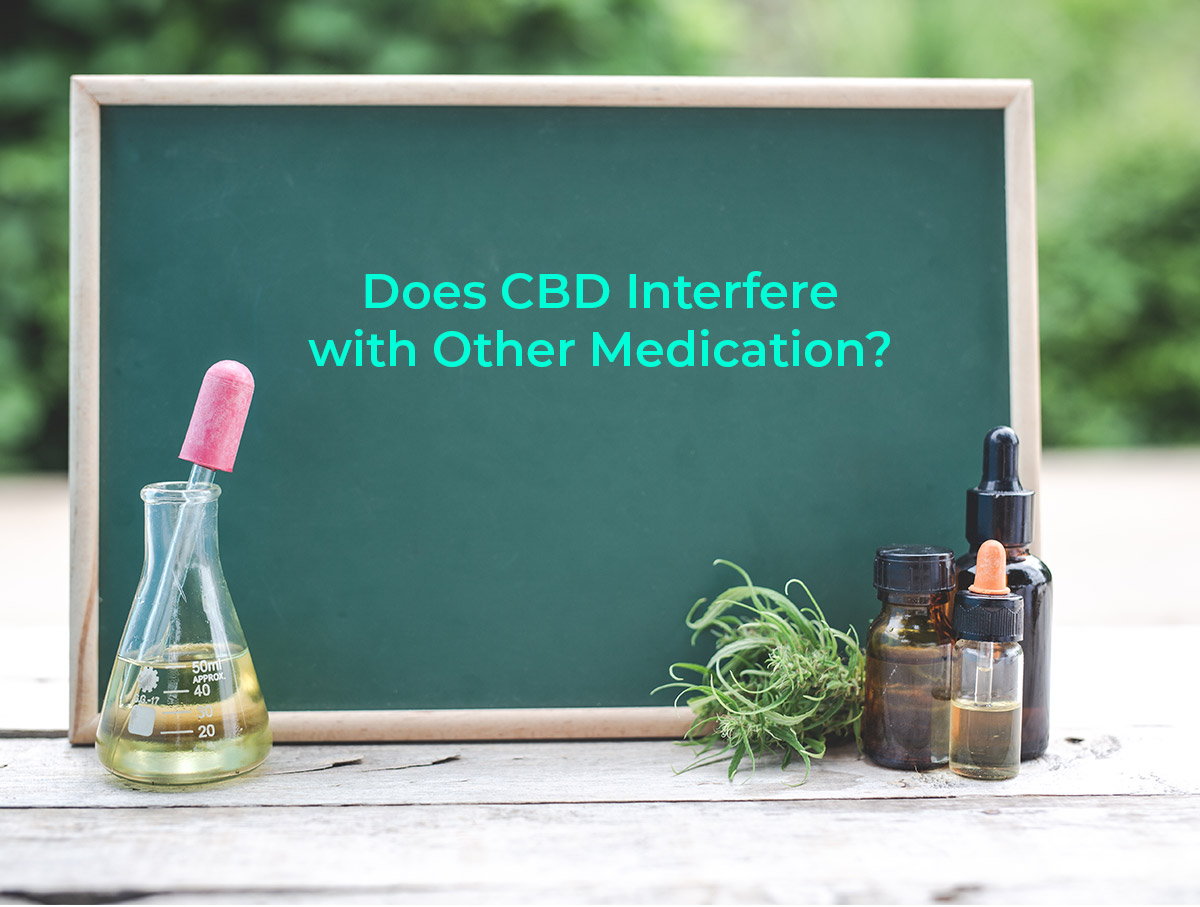Does hearing about having a combo of sweet with alcohol, or popping a mint after drinking cola make you cringe? Well, take a moment to think why. For many years, we’ve been hearing about combinations of edibles that experts suggest shouldn’t be consumed together. The former combination which is that of sugar or anything sweet with alcohol can be harmful because alcohol tends to convert sugar into saturated fats which can be accumulated in the body. With the latter, it is so that having a mint after drinking a temporarily refreshing (but truly dehydrating) bottle of cola, can make your stomach bloat. Similar is the situation with various medications. Even though individually helpful, consuming them together may not be the best idea.
Let’s find out if CBD causes a dent or a harmful effect in the various medications prescribed by doctors for reasons or symptoms that are both curable and incurable by CBD.
The Grapefruit Effect:
First and foremost, let’s get dig into the grapefruit effect. Some drugs come with a warning to avoid grapefruit, because it can slow down the effect of the medication. Chemicals in the fruit known as furanocoumarins can interfere with the enzyme CYP3A4 thus hampering metabolizing foreign objects. CBD can have a similar effect when taken with such drugs.
If you desperately want to take CBD, a good idea will be to consult your doctor and request for a different medication to help cure your disease.
Enzymes:
As mentioned earlier, the enzyme CYP3A4 is used to break down cannabinoids which is part of the cytochrome P450 (CYP450) family that metabolizes foreign objects consumed by the body. Some drugs can interfere with the process, thus either slowing down or speeding up the process.
The enzyme CYP3A4 metabolizes around 60 per cent of clinically prescribed drugs. Since it is responsible for breaking down CBD as well, the CBD can interfere with other drugs and in turn slow down the process or even end up being not as effective as it should with reference to your other medications.
Also, what you should know is that the complete opposite can happen as well. In some cases, even though the medically prescribed drugs may show their full effect, your CBD’s effect can be hampered resulting in either a slower or partial or no effect of it at all.
Another point to keep in mind is that if you feel a slower rate in the metabolism of either one of your medications, it may be because your body has too much to break down.
Note: Do not overdose yourself with a higher amount of either medically prescribed tablets or CBD if you feel that they aren’t working as effectively as they should. This can cause harmful side effects; always consult a professional before acting upon such a situation.
Some drugs or edibles can speed up the process conducted by the CYP3A4 enzyme. This may be effective but for a very short period of time. Again, taking a higher dose isn’t the solution. That’s why if you’re facing either a slow or a fast effect, get in touch with a medical expert about the same.
Is There An Alternative?
If you’re unsure about whether or not to consume CBD along with your medication (especially if it’s a strong one), opting for a cream or a lotion can be a better option than taking edibles or going ahead with vaping it since they don’t enter your blood stream. However, make sure to choose one that’s not transdermal since that has the potential to enter your body instead of just curing or relaxing the surface that it’s been applied to.

